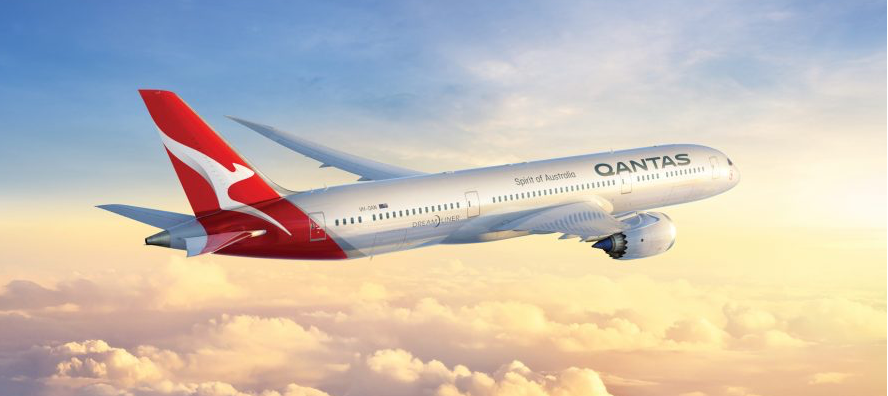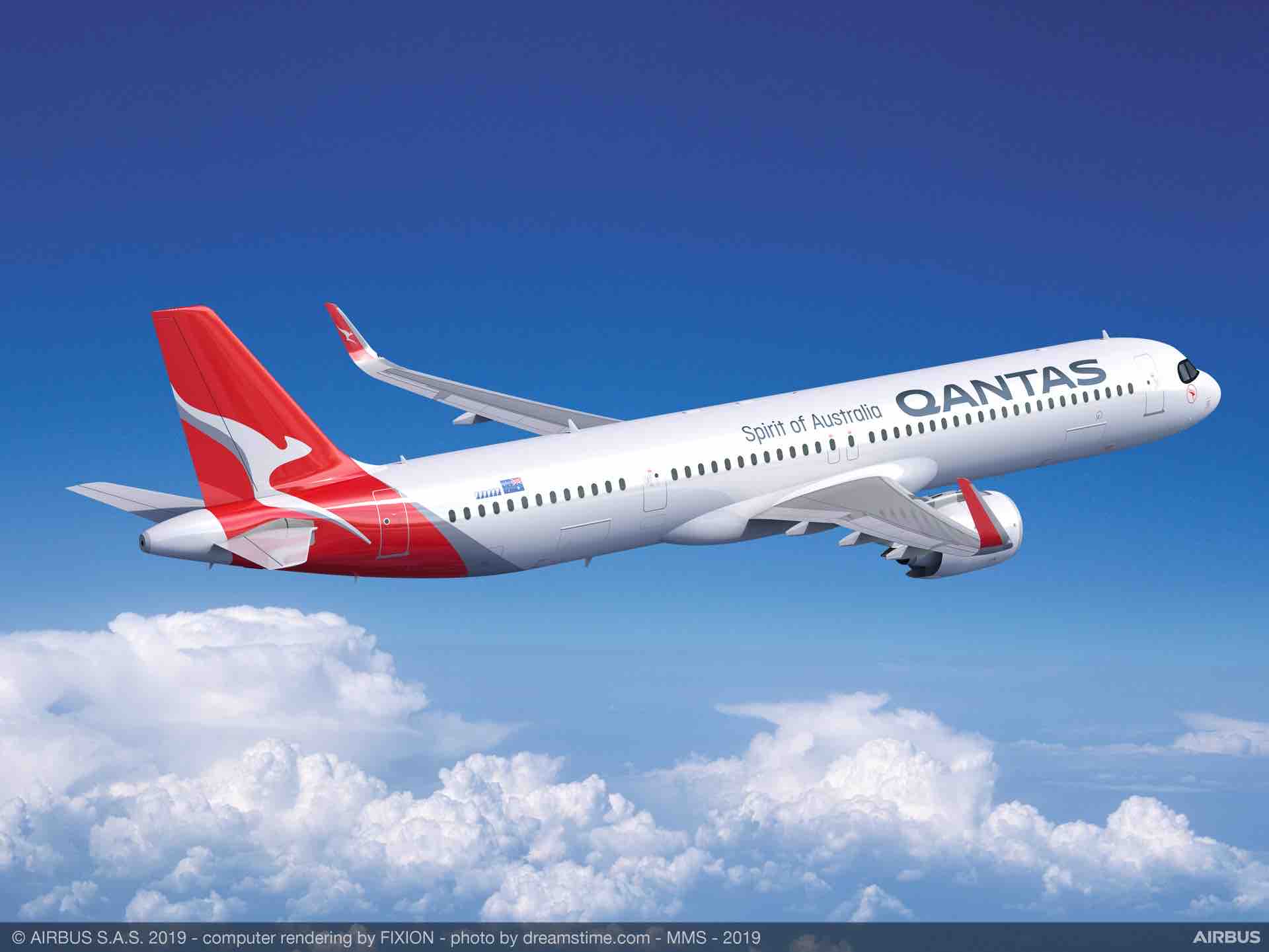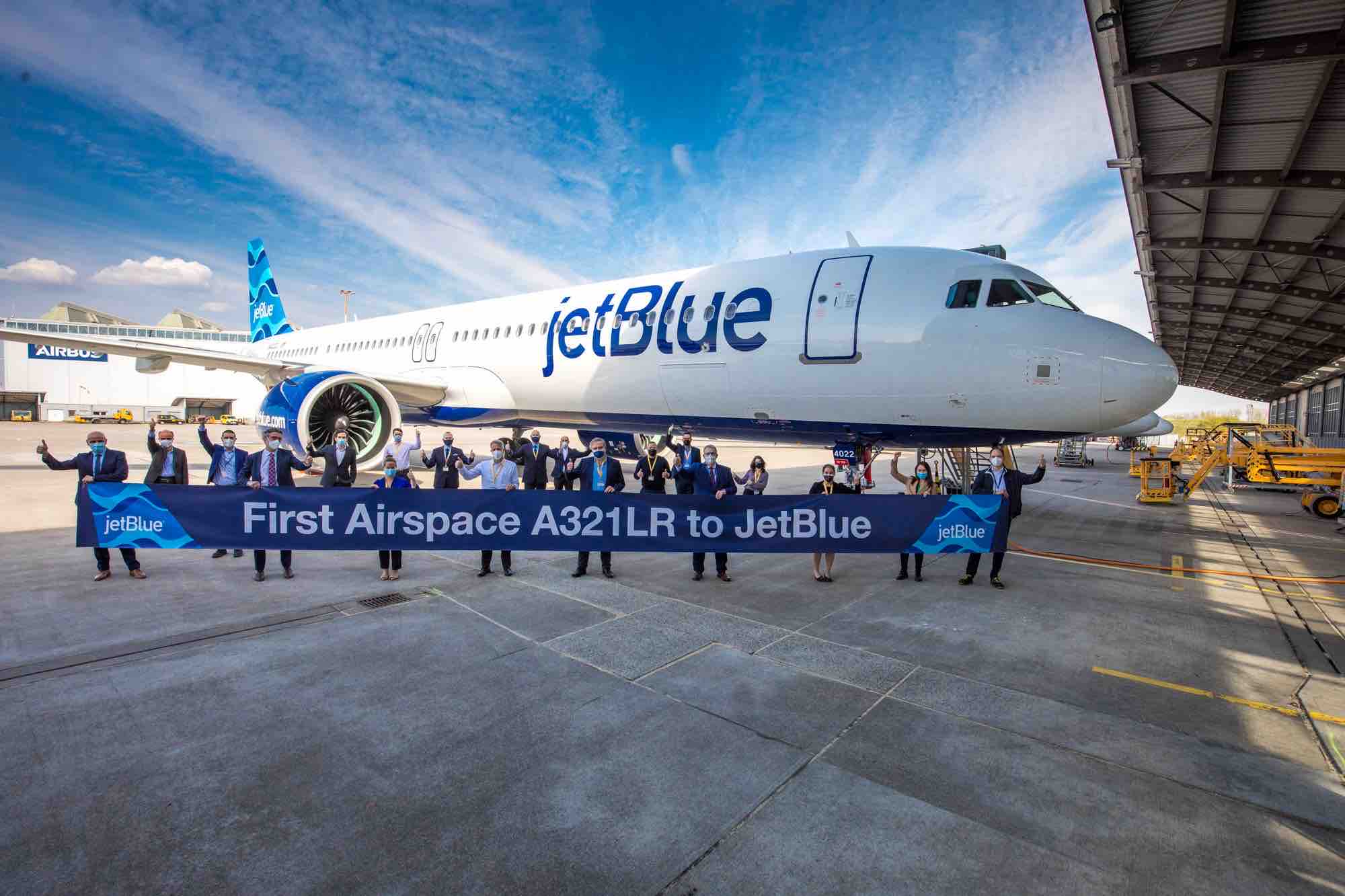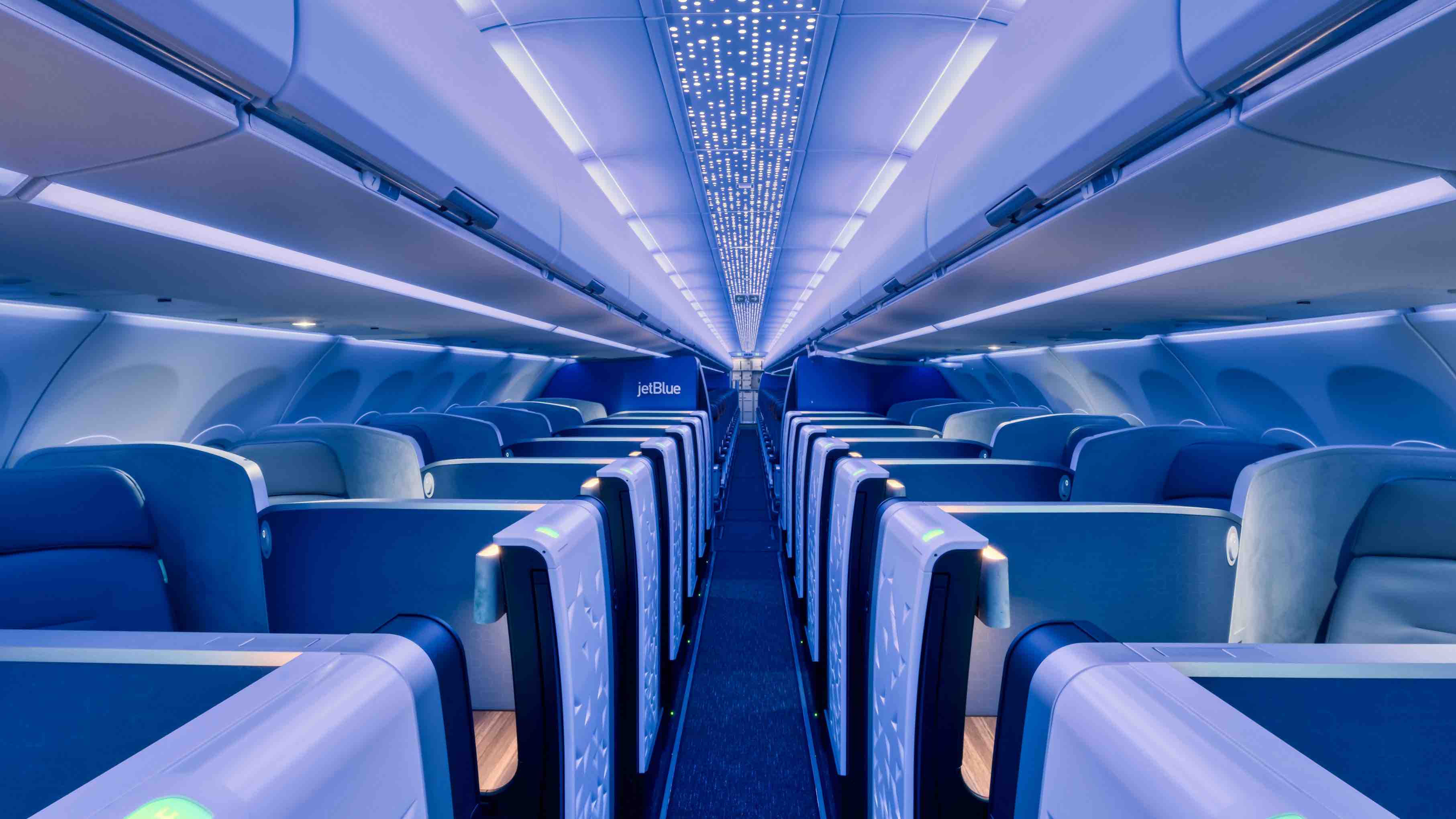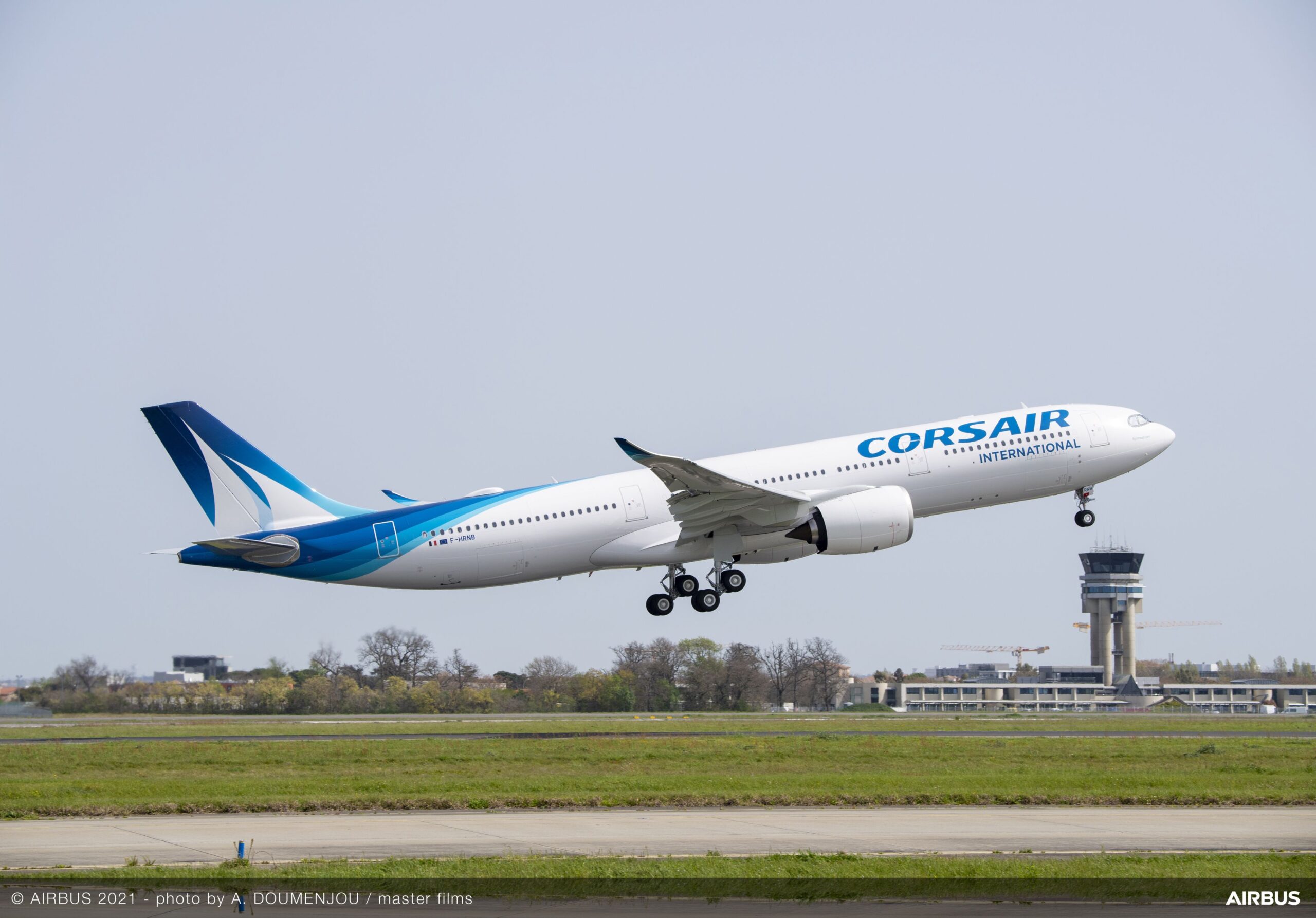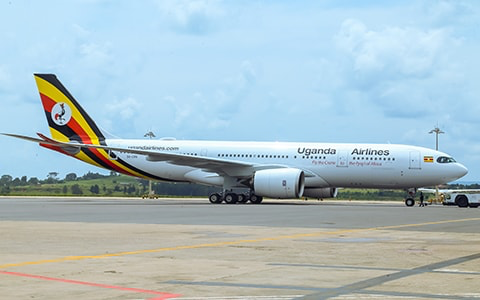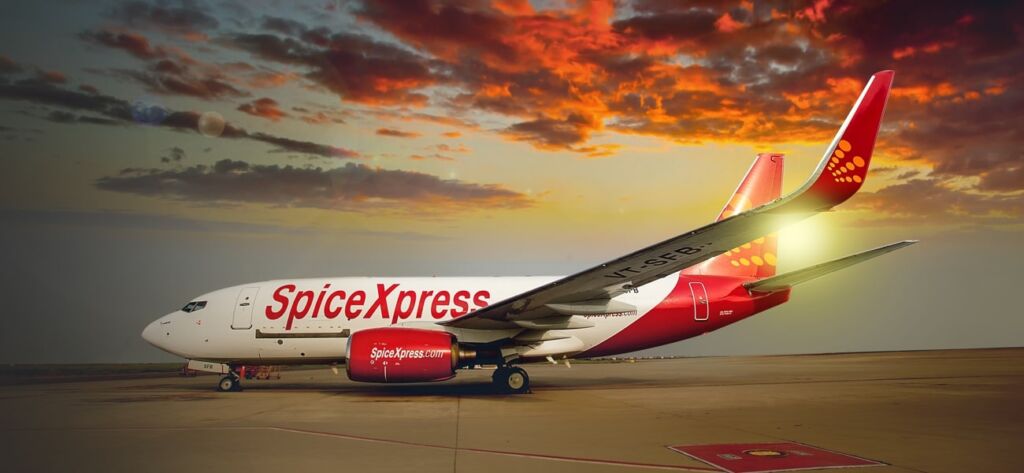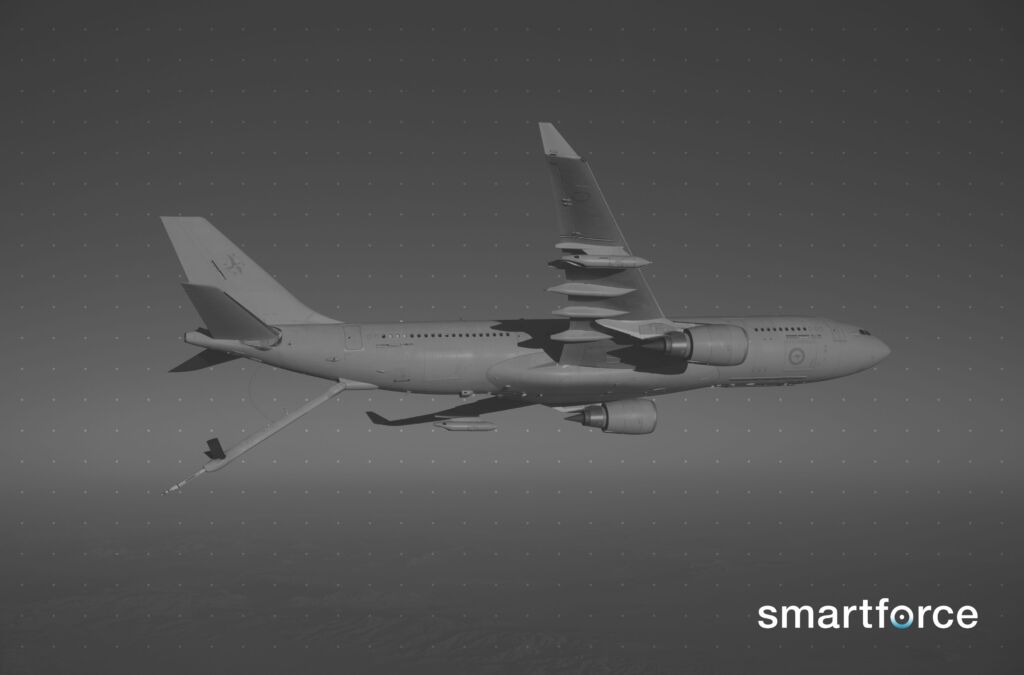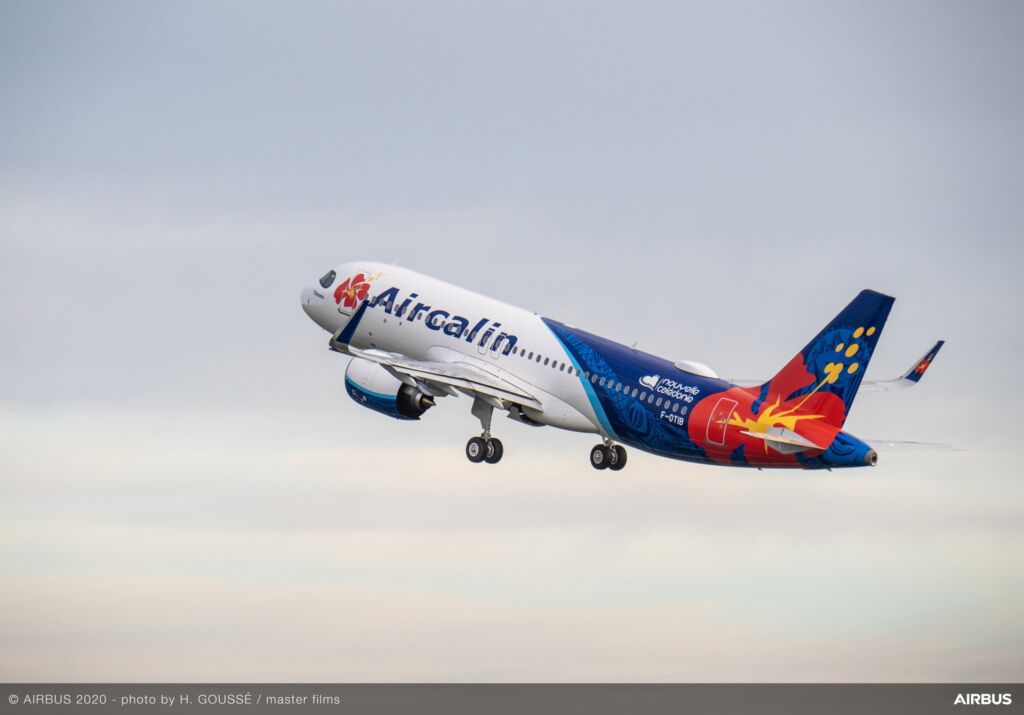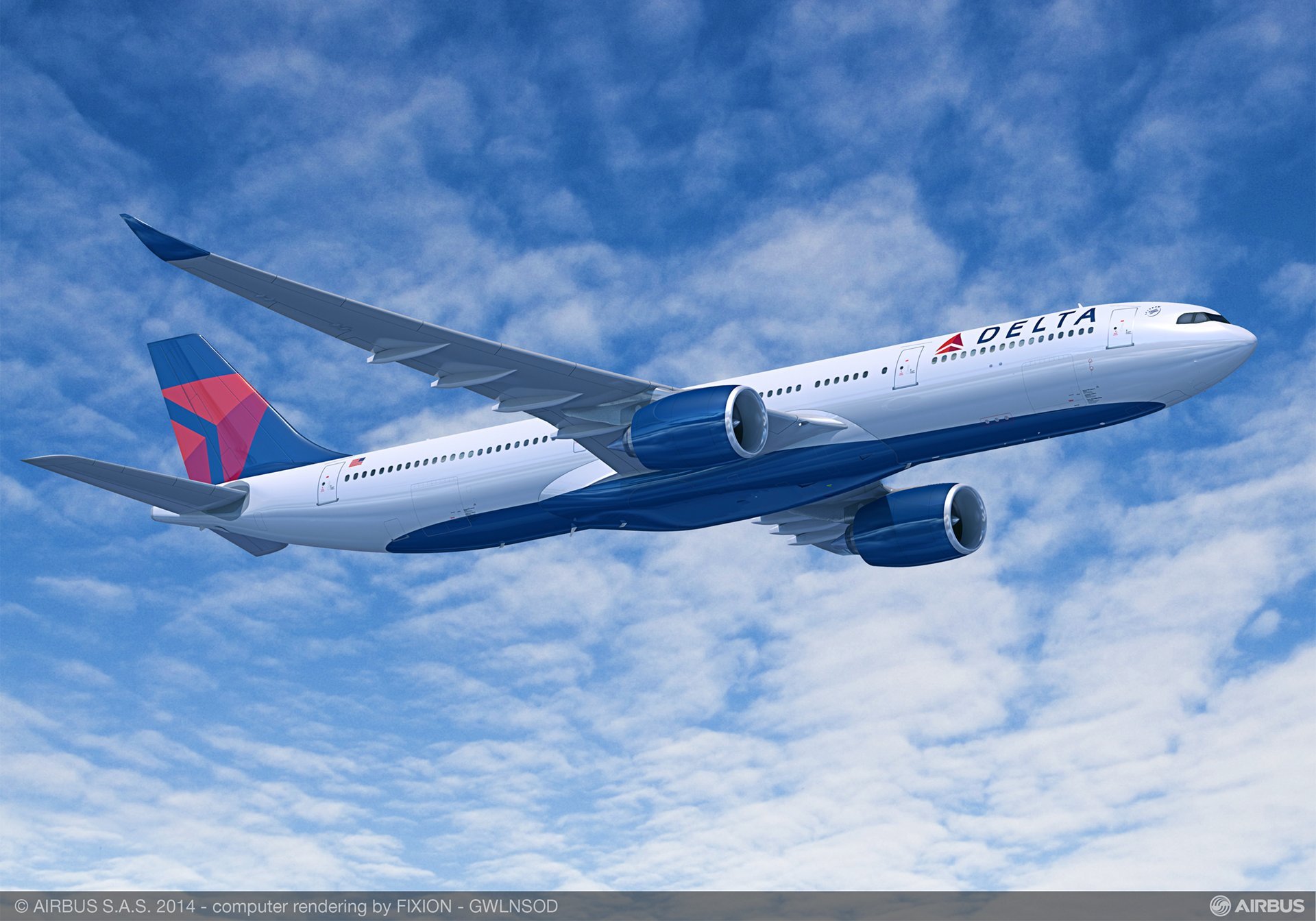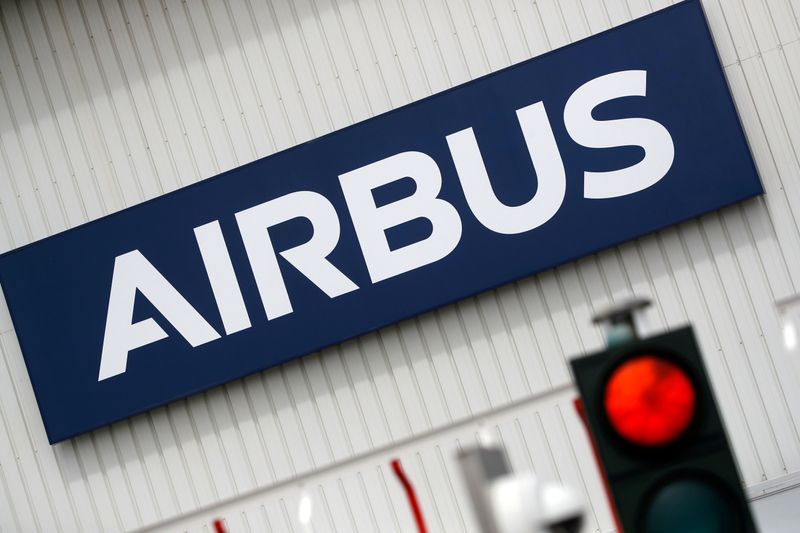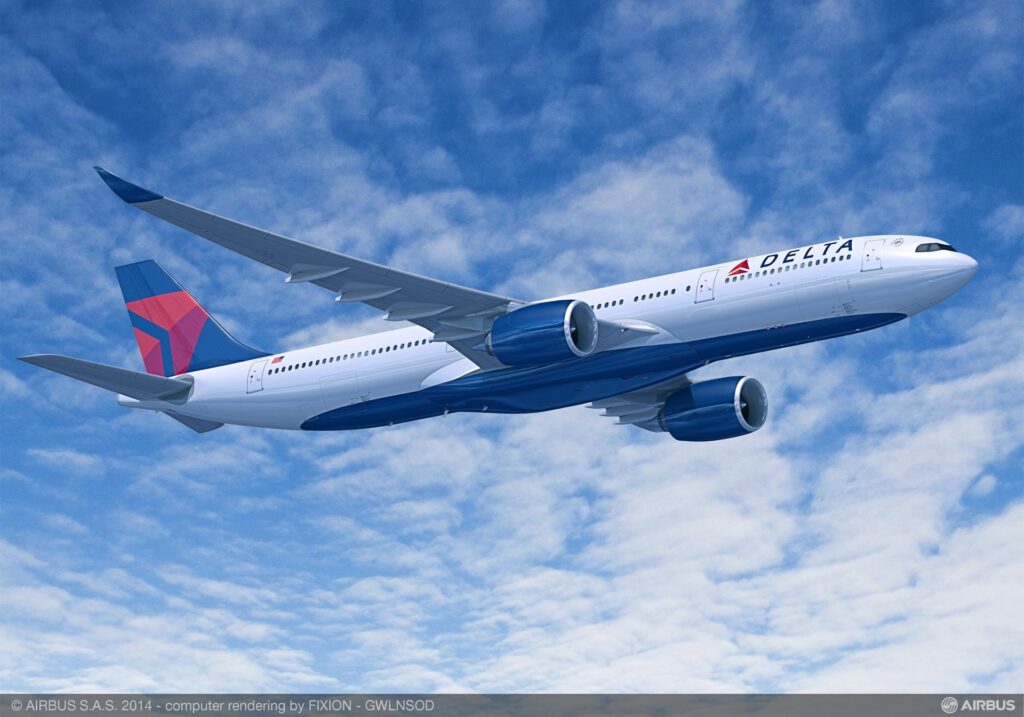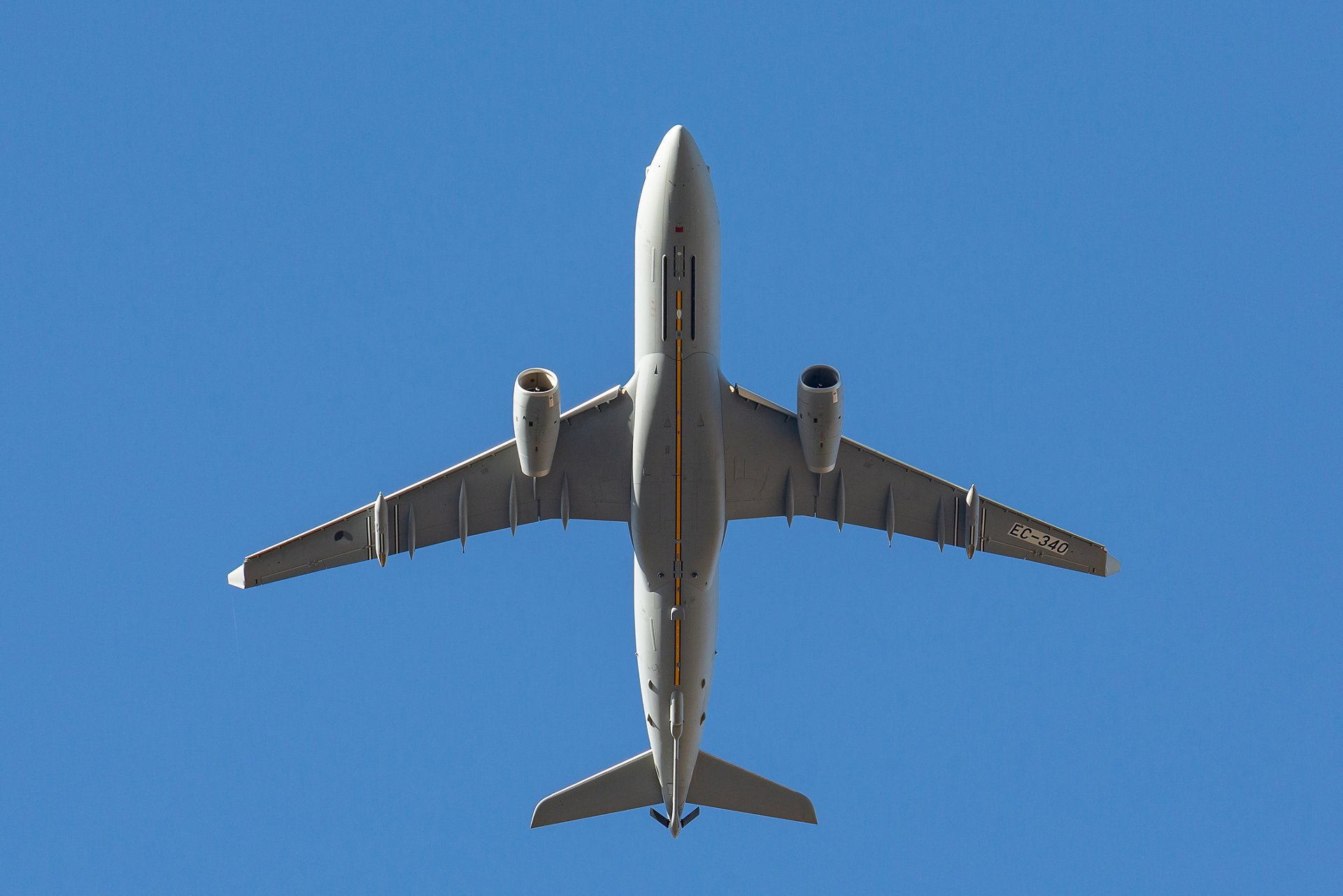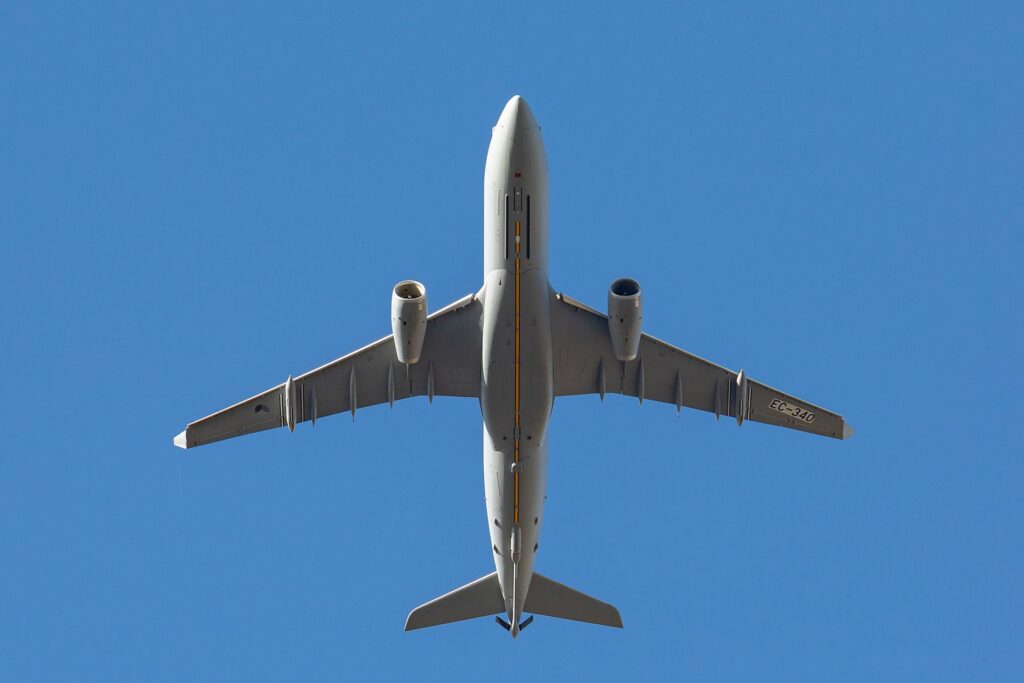Qantas customers can now book seven new domestic routes and travel on more widebody aircraft between major capital cities to help meet strong demand for domestic travel across Australia.
The new routes – Townsville to Adelaide/Melbourne/Sydney, Adelaide to Cairns/Hobart, Sydney-Uluru and Perth-Gold Coast – provide direct connections and reduce travel time for customers. They bring the total number of routes Qantas and Jetstar have added since the start of the pandemic to 45.
Five of the routes will be operated by Embraer E190 regional jets as part of QantasLink’s partnership with Alliance Airlines. The first Qantas flights operated by the 94-seat E190s took off today between Adelaide, Darwin and Alice Springs.
Customers will also see more widebody aircraft with Business Suites on flights between the East Coast capital cities into Perth and Darwin.
Usually used for long haul international flights including Perth-London, the 236-seat Boeing 787-9 Dreamliner will begin operating up to nine Sydney to Perth flights per week.
Widebody Qantas Airbus A330-200 aircraft, which serviced international routes into Asia, will operate on more flights into Darwin from Sydney and Brisbane, and also into Perth from Sydney and Melbourne. These will be added to the A330s already flying on east-west routes.
The additional flying will see Qantas’ capacity exceed 100 per cent of pre-COVID levels in the coming months and the Group’s market share around 70 per cent.
Qantas Domestic and International CEO Andrew David said the new routes would support the growing demand for domestic tourism.
NEW ROUTES
| Route | Start Date | Return flights per week | Aircraft |
| Adelaide – Townsville | August 2021 | 3 per week | E190 |
| Adelaide – Cairns | August 2021 | 4 per week | E190 |
| Adelaide – Hobart | September 2021 | Up to 7 per week | E190 |
| Sydney – Townsville | September 2021 | 7 per week | E190 |
| Melbourne – Townsville | September 2021 | 7 per week | E190 |
| Perth – Gold Coast | September 2021 | 3 per week | B737 |
| Sydney – Uluru | March 2022 | 5 per week | B737 |
Fares are available from today with Qantas offering special fares including $139 on Adelaide-Hobart, $179 on Sydney-Townsville and $229 Perth-Gold Coast. Special fares are available at qantas.com or through Travel Agents, until 11:59pm 27 May, unless sold out prior.
The new flights add to Jetstar’s existing services across six of the routes, providing a range of travel options for Qantas Group customers.
ADDITIONAL WIDEBODY FLYING
| Route | Added or upgauged flights | Aircraft | Total weekly flights (all aircraft) |
| Sydney-Perth | Up to 9 per week | 787 Dreamliner | 34 |
| Up to 4 per week | A330 | ||
| Melbourne-Perth | Up to 24 per week | A330 | 37 |
| Sydney-Darwin | Up to 7 per week | A330 | 12 |
| Brisbane-Darwin | Up to 3 per week | A330 | 9 |
